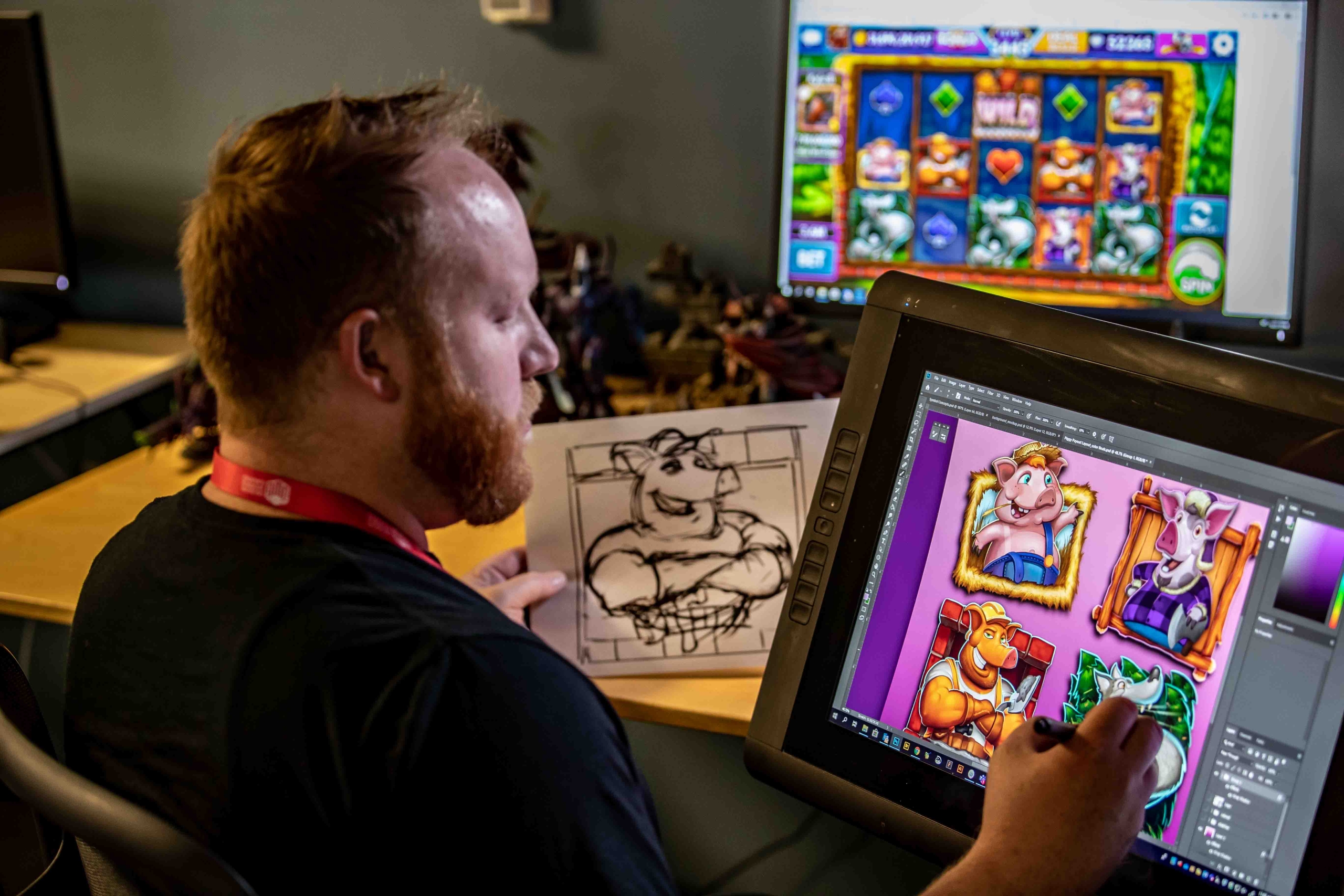Our Beginnings
At the heart of any standout company is a leader who is unafraid to push boundaries and is constantly looking ahead to what’s next. For DWG, that’s CEO and founder Troy Zurawski. Hailing from three generations of casino professionals with roots that reach back to 1940s in gambling capital of the world Las Vegas, his experience and knowledge is what makes our content such a success.
A Fresh Perspective & Culture
The business model for DWG is simple. “We worry about making an outstanding slot first, then contemplate all the verticals it can serve,” said Troy. This mentality has made our company an instant favorite among players and operator partners alike. Unlike competitors that use a common approach that is dependent on math model clones and safe themes, DWG produces slots that are truly unique. From game to game, players experience something new, whether it’s a new mechanic, objective or style of play. We’re reinventing the slot experience beyond the tried-and-true, hundred-year-old spinning reels. And everything is created in-house, without outsourcing – ever.




